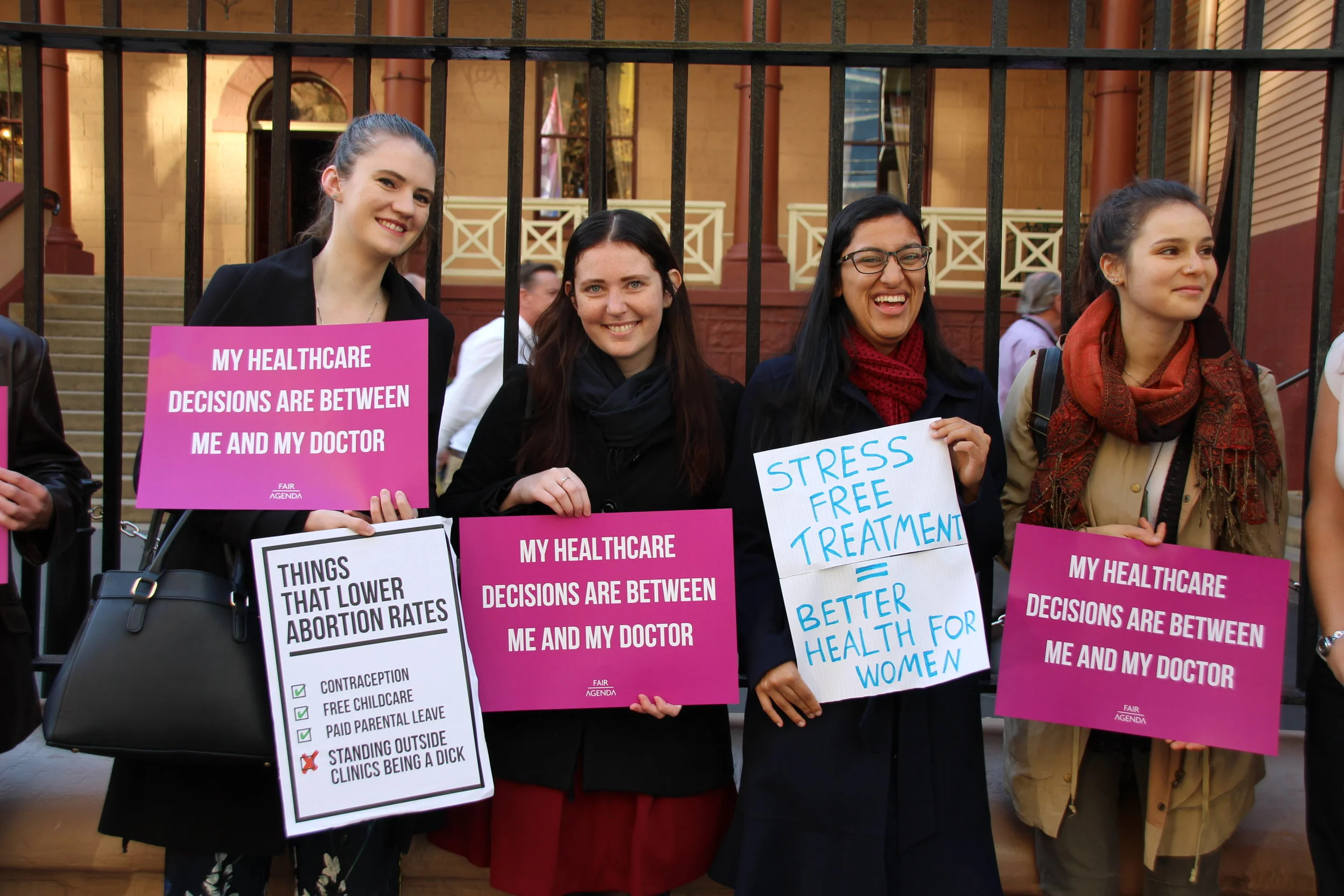This report outlines ten principles guiding how protest should and can be protected and regulated. These principles are rooted in Australia’s Constitution, international law, common law, and general democratic principles. They also draw on international and domestic best practice. They provide a blueprint for a democracy in which the freedoms of expression and assembly are respected and protected.
Read MoreThis report discusses three facets of hate which cause physical, psychological and emotional harm not only to individuals, but to members of the targeted group and other minority communities and damages our community as a whole.
Read MoreOur justice system is supposed to represent the best of us: principled, fair, equal and incorruptible. Underpinned by centuries-old common values that bind and protect us all. But 2018 has exposed a chasm between what is officially said, and what is officially done.
Read MoreWe need a game changer - It’s time to put power into the hands of the people, to give us the tools to hold our governments to account, writes Lee Carnie.
Read MoreThe public vote on marriage equality for LGBTIQ Australians was a bruising time. This anniversary comes with mixed feelings, with wounds that have only just begun to heal for some, and many more psychological scars may last a lifetime.
Read MoreOver the past five years we have seen children on Nauru go from being playful and curious little kids to listless, voiceless, hopeless bodies on a mattress, unable to eat or speak. We’ve seen their spirits slowly dissolve and the brightness slowly fade from their eyes.
Read MoreA major report confirms that religious conversion therapy and related practices are pervasive in many faith communities in Australia and causing real harm to lesbian, gay, bisexual and trans people.
Preventing Harm, Promoting Justice: Responding to LGBT conversion therapy in Australia calls for action by governments, the health sector and religious communities to better respond to people experiencing conflict between their gender identity or sexual orientation and their beliefs.
Read MoreFor over two years, safe access zone laws in Victoria have prevented harm to women seeking abortion care and staff providing those services. During this time, one woman, Ms Clubb, was charged and convicted with engaging in prohibited behaviour in a zone. The HRLC has been granted permission from the High Court to provide submissions as “a friend of the court”.
Read MoreFor too many of us in the LGBTIQ community, we know what it feels like to be mistreated because of who we are or who we love.
Read MoreIt’s 2018 and women’s voices are still ridiculed, disregarded, dismissed and put down. But there’s no doubting that our voices are out there, loud and clear and they are increasingly more difficult to ignore. Our voices are out there and this is a good thing. But not all women’s voices are heard.
Read MoreThe UN Committee on the Convention on the Elimination of all forms of Discrimination Against Women is an international treaty adopted in 1979 by the UN General Assembly. On 3 July, Australia was examined by the Committee about whether it is complying with its obligations. The Human Rights Law Centre presented an overview of the gaps in protections for women and girls to the Committee.
Read MoreOn Friday, the people of Ireland will vote on whether a divisive constitutional ban on abortion should end. Ireland's abortion laws are some of the most harsh and archaic in the world – only since 2013 have abortions to save a woman's life been legal.
Read MoreMost Australians probably think that now we have marriage equality, LGBTI people's rights are fully respected. Unfortunately, that's not the case.
Read MoreFor me and millions of other mums around Australia, today will be a special day. I'll wake to some slightly burnt toast, some slightly cold tea, a jar of jam from the school stall and probably a couple of earnest home-made Mother's Day cards, delivered to me in bed with a smile from my two beautiful boys.
Read MoreRana Plaza is often described as the garment industry’s “worst industrial accident”, but the industry practices that led to it were far from accidental writes Keren Adams.
Read MoreWe need to rethink a system that is funnelling people into harmful prisons as the default response, writes Shahleena Musk.
Read MoreAcross Australia the age of criminal responsibility is set at 10 years. The age of criminal responsibility is the age a child is considered capable of understanding they have done something wrong and can be dealt with in the criminal justice system. All Australian Governments should raise the age of criminal responsibility because it is the right thing to do, because it is evidence-based, and because the recommendations of the NT Royal Commission present a rare opportunity to embrace this change.
Read MoreIn December 2017, the Government introduced the Electoral Legislation Amendment (Electoral Funding and Disclosure Reform) Bill into Parliament. The Bill imposes financial controls and compliance measures on organisations and individuals in Australia that incur expenditure to contribute to public debate on policy or government issues.
Read MoreAustralian Governments must prohibit the solitary confinement of children in detention and closely regulate practices that can result in the forced isolation or segregation of a child. So what is solitary confinement?
Read MoreHow we treat people in prison matters not just because most will be released back into the community, but because we are all diminished the moment we start picking and choosing who is deserving of dignity, writes Ruth Barson.
Read More




















